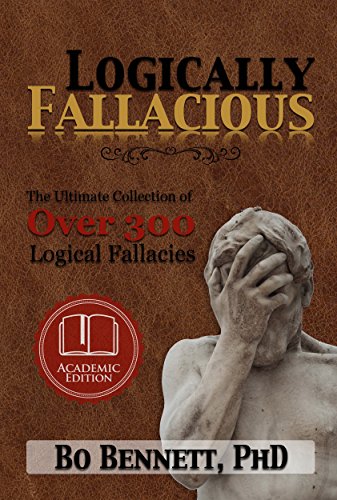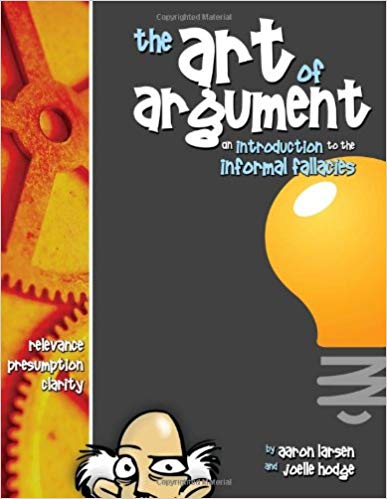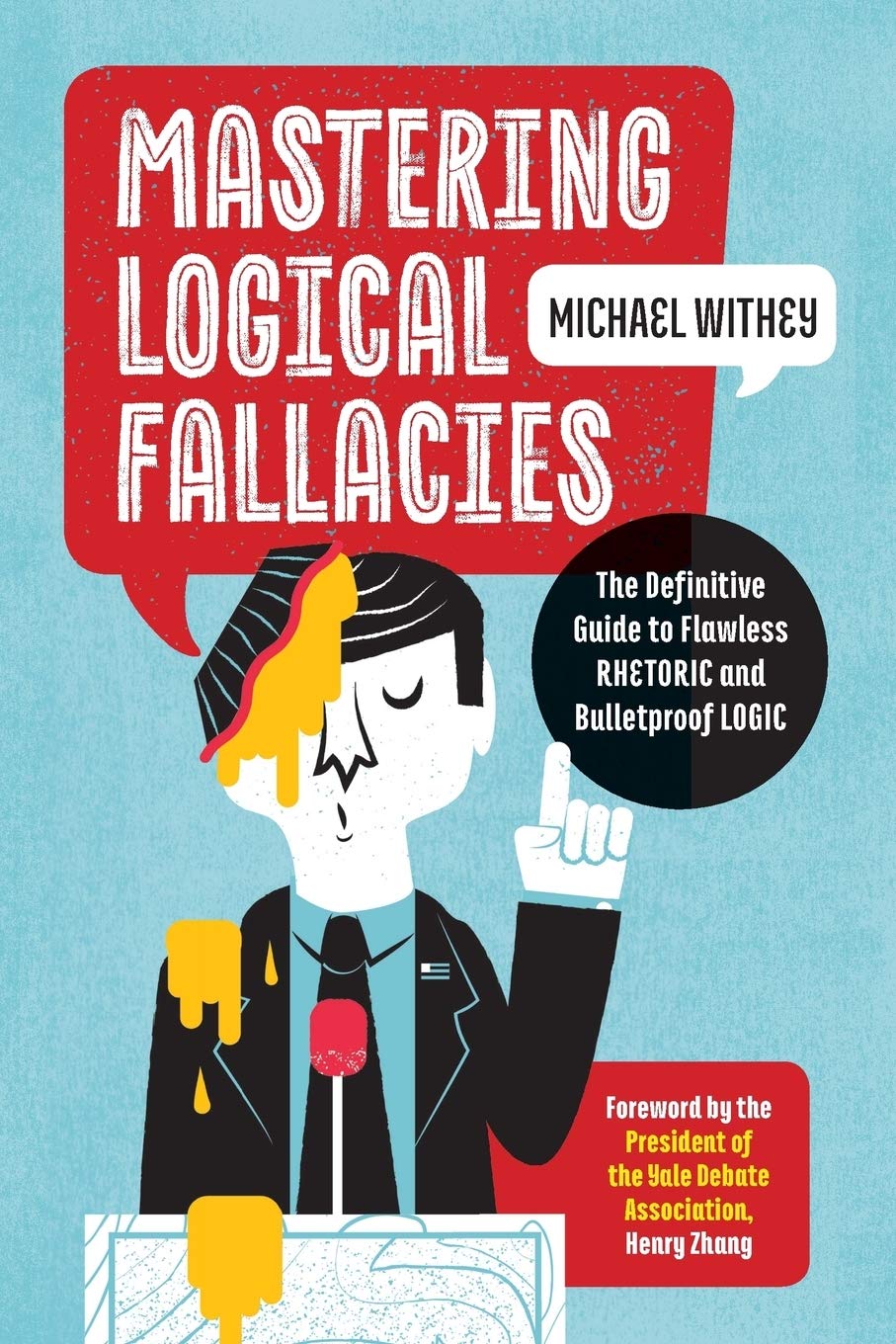
Affirming the Consequent
Affirming the Consequent is a formal logical fallacy that occurs when someone assumes that because the consequent (the "then" part) of a conditional statement is true, the antecedent (the "if" part) must also be true. This reasoning is invalid because the truth of the consequent does not necessarily imply the truth of the antecedent; there could be other reasons for the consequent to occur.
Fallacy formula:
- If P then Q
- Q is true
- Therefor P must be true
Example of Affirming the Consequent
- If a politician is doing a good job, unemployment will be low.
- Unemployment is low.
- Therefore, the politician is doing a good job.
Low unemployment might result from external factors like economic trends rather than political actions.
Alternative Name: Converse Error, Fallacy of the Converse, Asserting the Consequent

Books About Logical Fallacies
A few books to help you get a real handle on logical fallacies.





Affirming the ConsequentExtended Explanation
Affirming the consequent is a formal logical fallacy that occurs when someone mistakenly assumes that because the consequent of a conditional statement is true, the antecedent must also be true. This reasoning fails because the truth of the consequent does not necessarily depend on the antecedent; there could be other factors or causes leading to the same outcome. The fallacy arises from misunderstanding the relationship between sufficient and necessary conditions. In a conditional statement, the antecedent is sufficient to guarantee the consequent, but the consequent is not necessarily dependent solely on that antecedent.
To understand why this reasoning is flawed, consider the structure of a conditional statement: "If P, then Q." This means that whenever P occurs, Q will follow. However, it does not mean that Q can only occur because of P. The fallacy happens when someone observes Q and concludes that P must have occurred, ignoring other possible explanations for Q. For example, if someone says, "If it rains, then the ground will be wet," and observes that the ground is wet, they might conclude that it rained. This conclusion is invalid because there could be other reasons for the wet ground, such as sprinklers or spilled water.
This fallacy often appears in causal reasoning, where people assume one factor caused an observed effect without considering alternative explanations. For instance, if someone argues, "If taxes are lowered, people will have more money to spend," and observes that people have more money to spend, they might conclude that taxes were lowered. However, this ignores other potential causes for increased spending, such as higher wages or reduced expenses. Similarly, in stereotyping or generalizations, affirming the consequent can lead to faulty assumptions about individuals or groups based on observed traits.
While affirming the consequent is always invalid in deductive reasoning, there are contexts where similar reasoning may be used cautiously. In probabilistic reasoning or inductive logic, observing an outcome might increase the likelihood of a specific cause but does not guarantee it. For example, seeing wet grass might make rain seem more probable but does not prove it rained. To avoid affirming the consequent in logical arguments, it is essential to consider alternative explanations for observed outcomes and rely on valid reasoning patterns like modus ponens or modus tollens. Recognizing this fallacy helps ensure clearer and more accurate thinking in both everyday situations and formal debates.